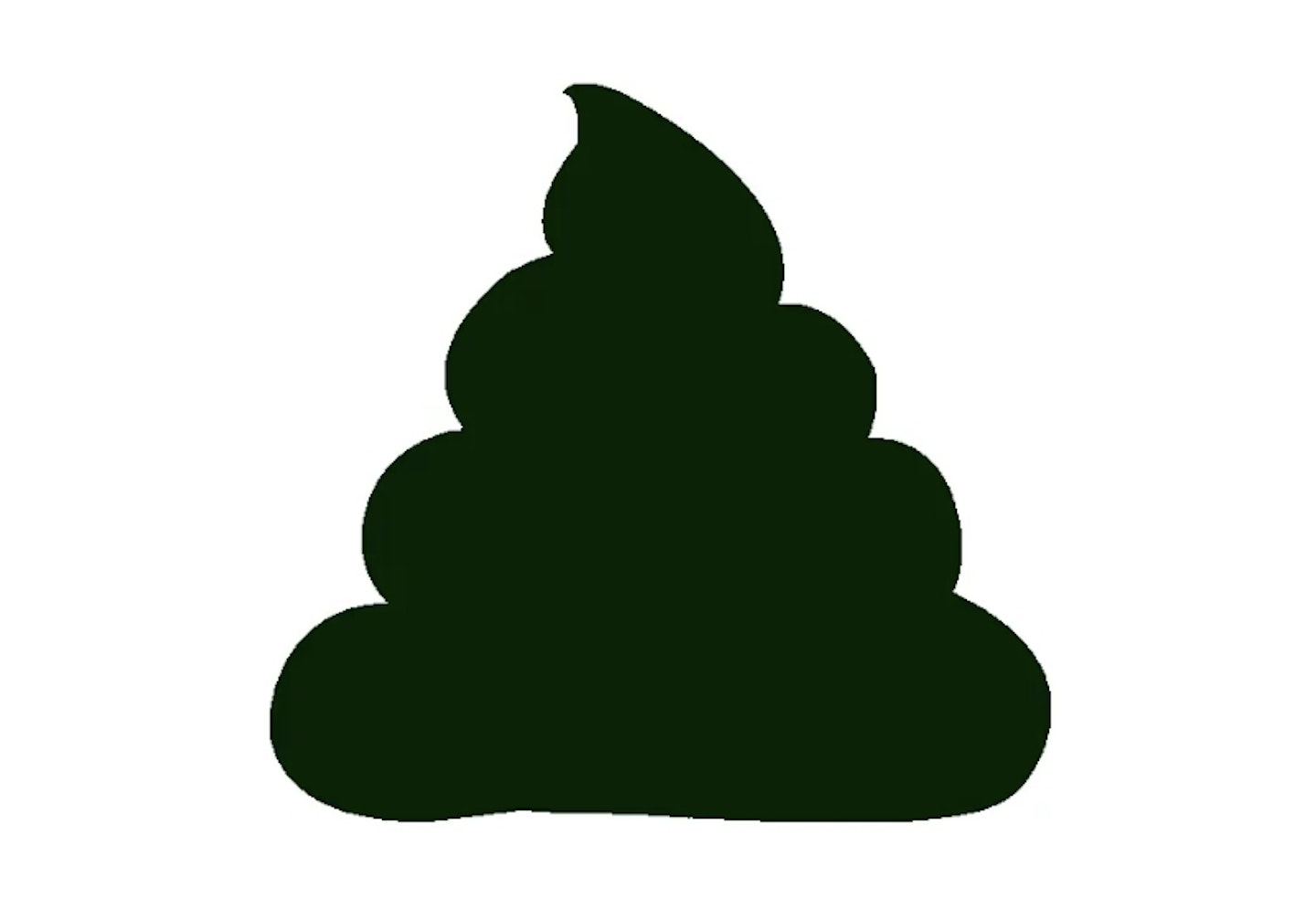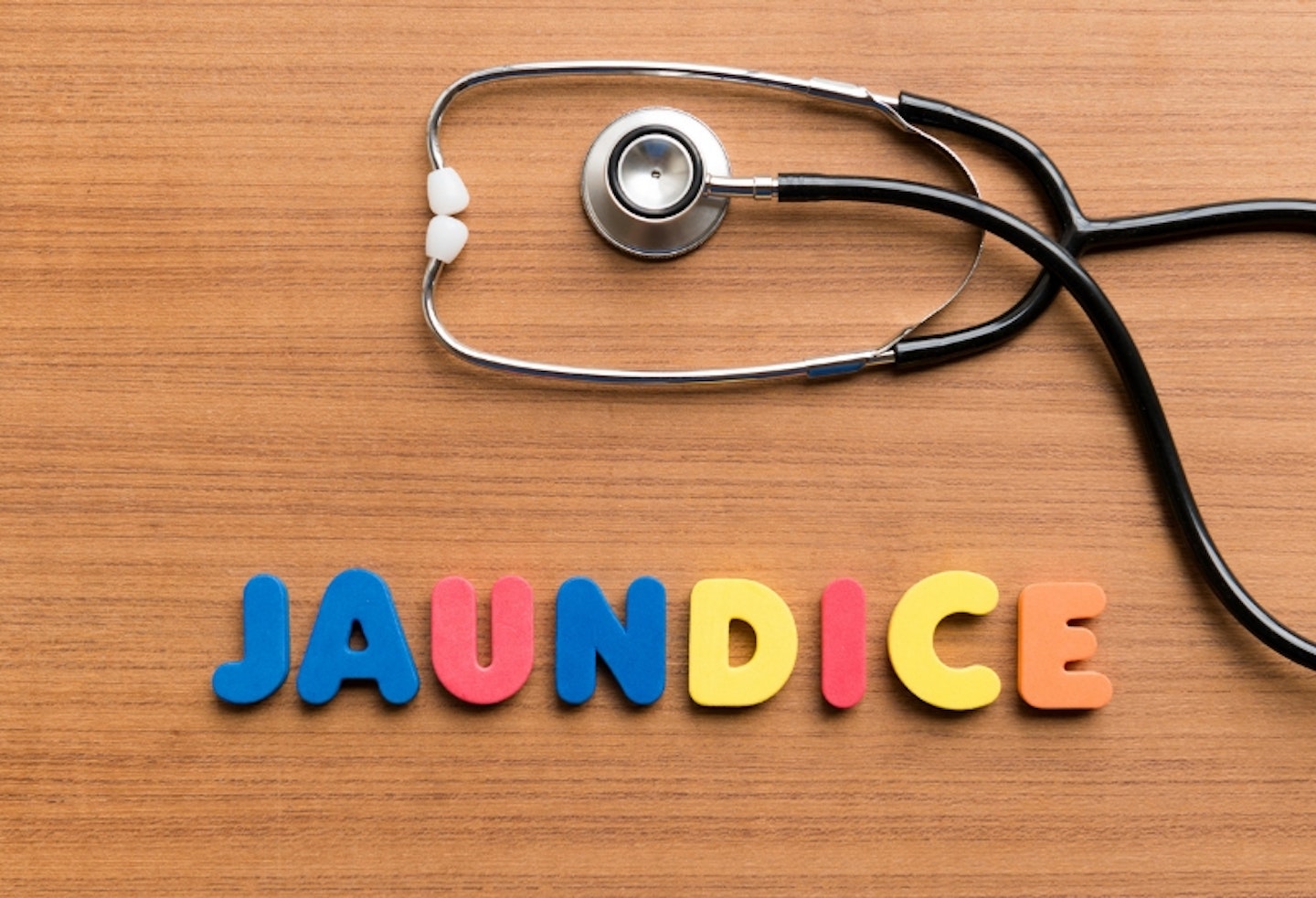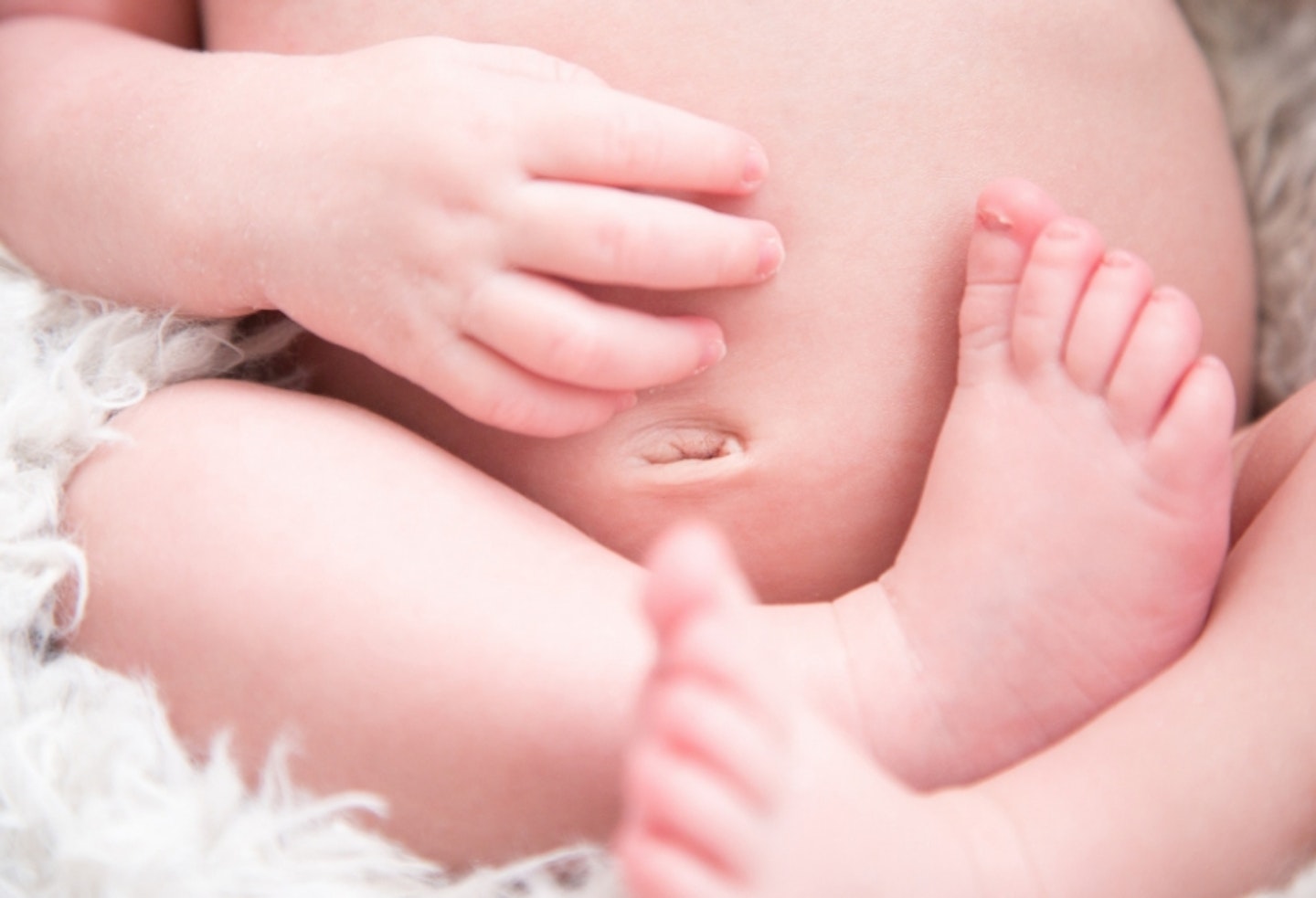If you're in the latter stages of pregnancy and you've suddenly noticed that your breasts are leaking, you might be wondering what is going on. Your breasts are not leaking breast milk, but colostrum. But if it isn't exactly breast milk, what is colostrum? If you plan on breastfeeding your baby, there is plenty to learn about this 'wonder substance' which is sometimes referred to as 'liquid gold'...
7 benefits of colostrum:
Colostrum benefits
 1 of 7
1 of 71) Nourishing
Colostrum is a wonder product. It contains everything a baby needs for their first few days of life. Colostrum has high levels of protein, salts, fats, and vitamins which provides the perfect nourishment and it is easily digestible.
 2 of 7
2 of 72) Stimulates baby’s first poo
Colostrum acts as a laxative which helps your baby ‘poo’ for the first time. The first poo is called meconium and it is dark and sticky. This helps your baby get rid of any harmful waste products.
 3 of 7
3 of 73) Fights jaundice
Jaundice is very common in newborn babiesand is characterized by a yellowing of the skin and whites of the eyes. Jaundice is caused by a build-up of bilirubin levels in the blood. Bilirubin is “a waste product of dead red blood cells which is produced in large quantities at birth due to blood volume reduction”, according to Science Daily. When colostrum helps your baby to poo for the first time, they expel this ‘bilirubin’ which helps to prevent jaundice.
 4 of 7
4 of 74) Good for the gut
Health experts are always stressing the importance of a healthy gut. Healthy gut = healthy body and even healthy mind. Colostrum has a high pH which helps kick start the build-up of good bacteria in your baby’s gut.
Colostrum also seals your baby’s gut. Your baby is born with a permeable gut lining but colostrum enters via this lining and begins to fill these holes to prevent infection and disease.
 5 of 7
5 of 75) Prepares your baby’s body
Colostrum prepares your baby’s body and immune system for life outside of the womb. Colostrum contains "secretory immunoglobulin" (IgA) which protects your baby's lungs, throat and intestines and leukocytes which protect newborns against viruses and bacteria.
 6 of 7
6 of 76) Growth and repair
Colostrum contains growth factors which help your baby to grow and develop. These growth factors have also been found to repair the body after trauma. This is why colostrum supplements are sometimes used by athletes to aid muscle repair, especially after injury.
 7 of 7
7 of 77) Regulates bodily functions
Colostrum helps your baby adapt to life outside of the protective womb. It helps regulate your baby’s bodily functions – body temperature, their heartbeat/vascular system, lung function and glucose production.
What is colostrum?
Colostrum is the first form of a mother's milk. It is usually a thick, slightly sticky yellowish liquid. Colostrum is very concentrated and full of proteins, carbohydrates, vitamins and antibodies. As colostrum is so concentrated, your baby will only require a small amount during a feed. Although they only require a small amount, in the first few days after birth, a baby will feed regularly - around every hour.
The Pediatric Clinics of North America Journal explains this in more scientific terms: "Colostrum, produced in low quantities in the first few days postpartum, is rich in immunologic components such as secretory IgA, lactoferrin, leukocytes, as well as developmental factors such as epidermal growth factor. Colostrum also contains relatively low concentrations of lactose, indicating its primary functions to be immunologic and trophic rather than nutritional. Levels of sodium, chloride and magnesium are higher and levels of potassium and calcium are lower in colostrum than later milk." Colostrum is thought to be more similar in composition to blood as it contains a high volume of white blood cells and immune-boosting properties.
When will I produce colostrum?
Colostrum is produced in the mammary glands during the latter stages of pregnancy and the first few days after birth. Although the production of colostrum can occur as early as the first and second trimester of pregnancy, it is most often produced in the third trimester (weeks 27 to 42). Pregnant women may find that their breasts begin leaking or that if they squeeze them, this liquid is released.
If you don't notice colostrum production during the final stages of pregnancy, once the placenta is delivered, a surge of hormones are released which really ramp up this process. This ensures that colostrum is available to feed your baby, immediately after birth.
What does colostrum do?
Newborn babies have a very small stomach and digestive system. The high concentration of colostrum, means newborns receive all the nutrients they need in a small volume of milk.
Colostrum contains "secretory immunoglobulin" which protects your baby's lungs, throat and intestines and leukocytes which protect newborns against viruses and bacteria. When babies drink colostrum, it begins the process of building up beneficial gut bacteria in the digestive system. Colostrum is sometimes referred to as 'liquid gold' as it is a unique substance which contains many elements nourish your baby during the first few days of their life.
Colostrum also acts as a laxative, stimulating the body to produce your 'baby's first poo' which is called meconium. All newborns have this very dark stool and it is usually passed 24hours after birth. Expelling the meconium helps your baby to remove waste products from their body that have been produced during the birth.
How long does colostrum last for?
In the first 2-5 days after birth, your body will produce only colostrum. When the baby feeds regularly, this process stimulates the nipple and increases your milk supply. As the supply increases, your baby is likely to have fewer feeds and eventually the colostrum will be replaced by more mature milk. According to the National Childbirth Trust, "Approximately two to four days after birth you may notice your breasts are warmer and fuller feeling; this is known as your milk coming in."
Did you know about the amazing properties of colostrum? Let us know on Facebook or Twitter!
Make sure you're following Mother & Baby on Instagram for relatable memes, inspiring stories and parenting hacks!
Join the club! Introducing our brand, spankin’ new Facebook group called #mumtribe. Simply search ‘#mumtribe’ into the search bar and meet like-minded mums, win gorgeous goodies and have some fun!
Have approx 60 seconds to spare? Why not join thousands of mums-to-be and start your very own Amazon baby wish list! They're absolutely free to create and perfect to send to the friends, aunties and your mum to make sure you're getting the baby products you really need...Click here!
